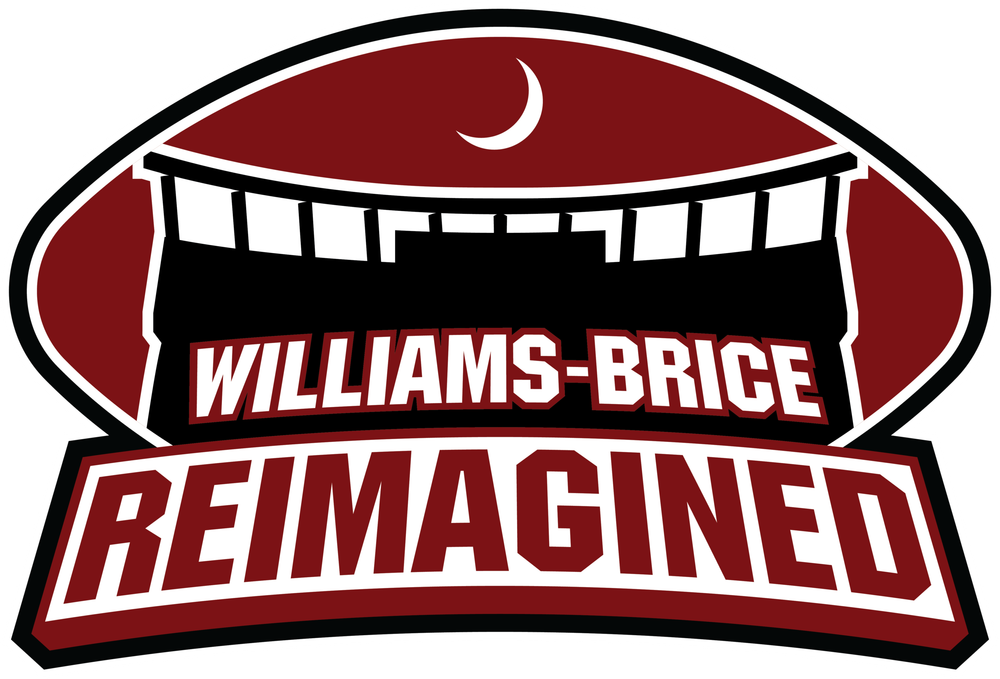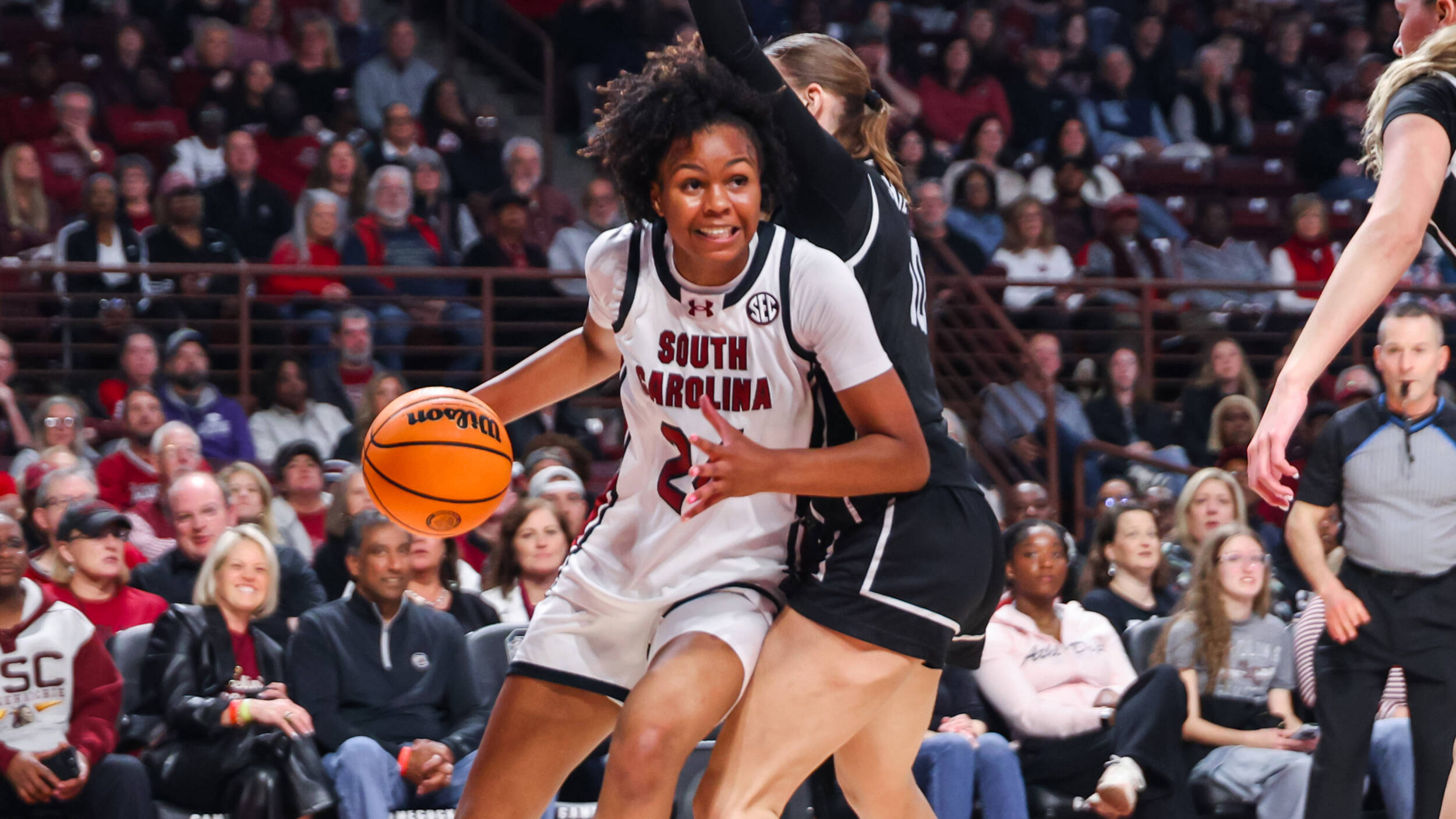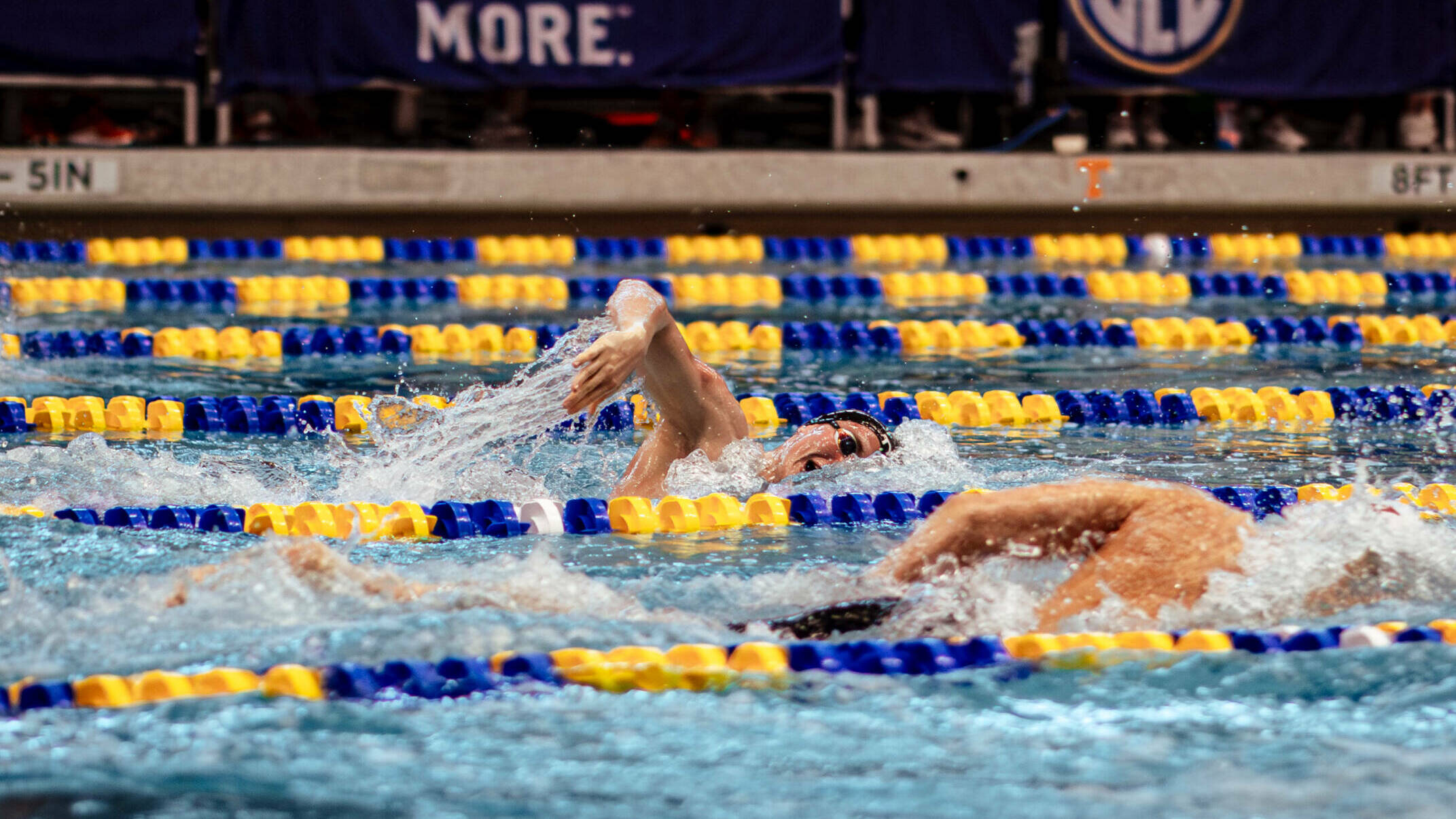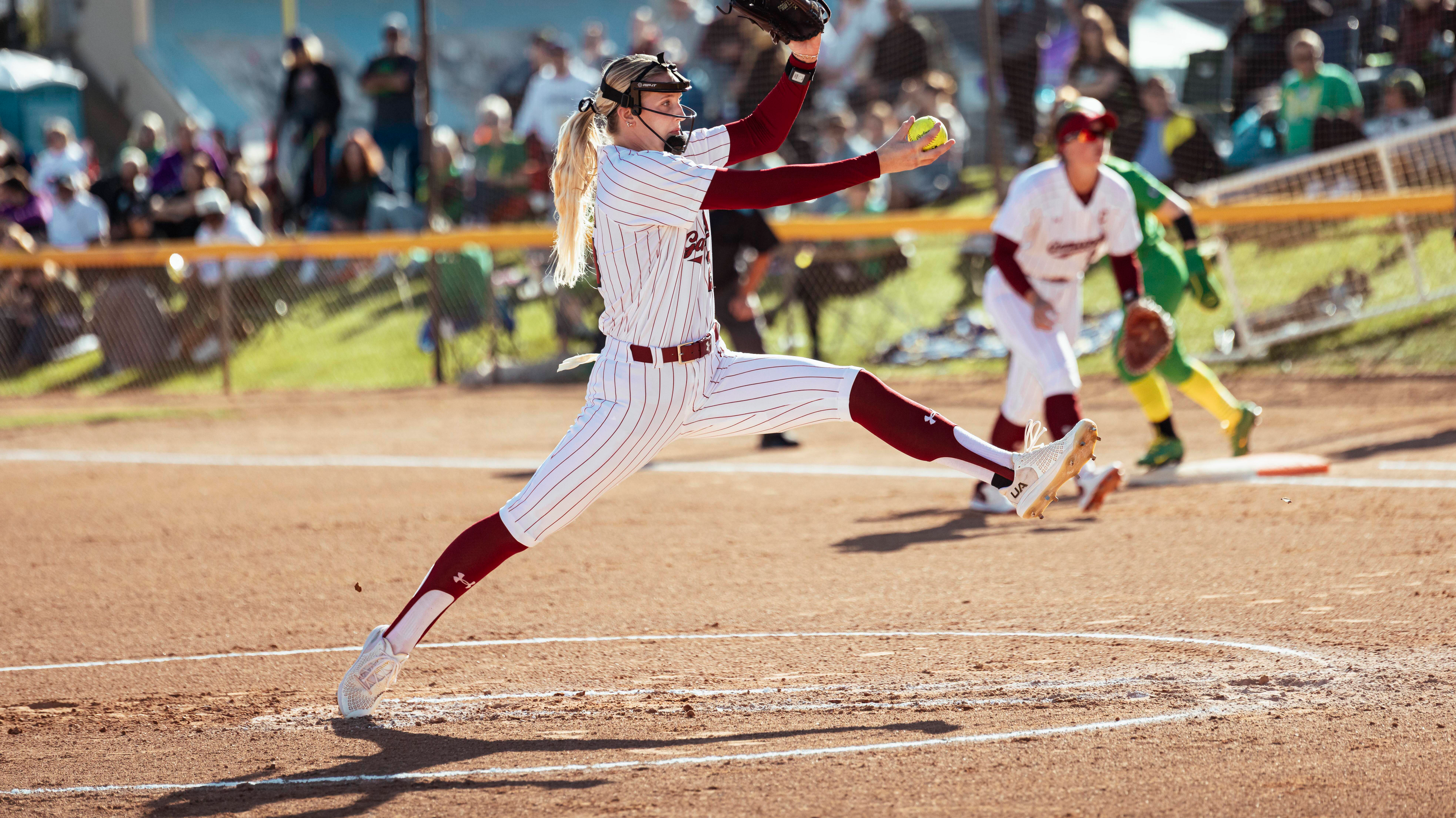IMPORTANT DEFINITIONS
Representative of Athletics Interest (Booster)
A “representative of the institution’s athletics interests” is an individual, independent agency, corporate entity (e.g., apparel or equipment manufacturer) or other organization who is known (or should have been known) by a member of the institution’s executive or athletics administration to:
- have participated in or be a member of an agency or organization that promotes the institution’s intercollegiate athletics program;
- have made financial contributions to the athletics department or to an athletics booster organization of that institution;
- be assisting or to have been requested (by the athletics department) to assist in the recruitment of prospective student-athletes;
- be assisting or to have assisted in providing benefits to enrolled student-athletes or their families; or
- have been involved otherwise in promoting the institution’s athletics program.
Some examples of a representative of athletics interests (i.e., booster) are: fans, undergraduate students, graduate students, all university faculty and staff, and alumni. (This is not an exhaustive list). ONCE A BOOSTER ALWAYS A BOOSTER!
Extra Benefit
An extra benefit is any special arrangement by an institutional employee or a representative of the institution’s athletics interests (booster) to provide a student-athlete, or his/her relatives or friends, a benefit not authorized by the NCAA. The benefits a student-athlete may not receive include, BUT ARE NOT LIMITED TO:
- money;
- special discounts;
- payment arrangements or credit on a purchase (e.g., airline ticket, clothes) or service (e.g., laundry);
- free or reduced-cost professional services not available on the same basis to the general public or student body;
- use of a telephone or credit card for personal reasons without charge or at a reduced rate;
- entertainment services (e.g., movie tickets, meals, use of a car) from commercial agencies (e.g., theaters, restaurants, car dealers) without charge, or at a reduced rate, free or reduced-cost admission to professional athletics contests from professional sport organization, unless such services are available to the student body in general;
- guarantee of bond;
- signing or cosigning a note with an outside agency to arrange a loan;
- preferential treatment, benefits or services based on athletics reputation or skill or pay-back potential as a future professional;
- free or reduced-cost athletics equipment, supplies or clothing directly from a manufacturer or commercial enterprise;
- payment or other compensation for work not performed or at unreasonable levels of the work performed;
- employment arrangements for student-athlete’s or prospect’s relatives or friends;
- payment of registration fees or other expenses to attend a USC sport camp or clinic;
- use of personal property (e.g., car, summer house, computer);
- holiday or birthday presents;
- promise of employment after college graduation;
- payment or arrangement for payment of transportation costs incurred by a student-athlete or prospect’s relatives or friends; or any other item or service given because an individual is a student-athlete.












